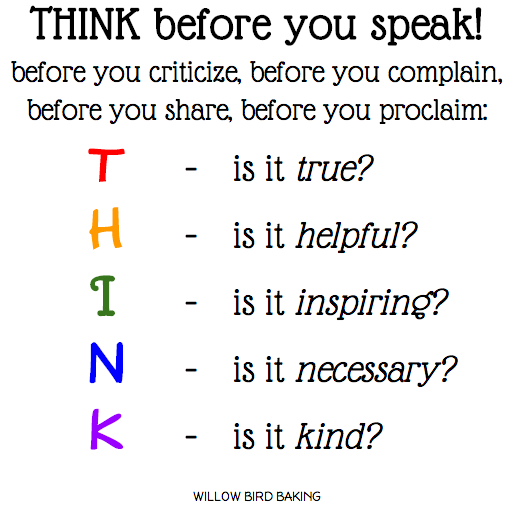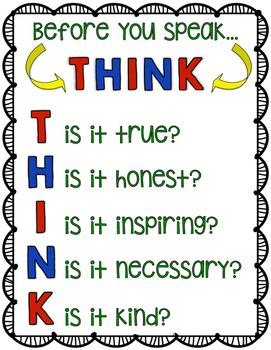

AHRQ – Agency for Healthcare Research and Qualityīut can you imagine having to repeat this government agency name every time you mentioned it in a talk?.There is a veritable alphabet soup of terms they use such as: It’s maddening to watch the Sunday morning political talk shows and listen to politicians talk in double speak. There is an insider’s language for business, government agencies and the military that revolves around not only the use of jargon, but the use of acronyms. Most civilians would have no idea what these terms mean: “frankenfood” (genetically modified food products) or “greenwashing” (companies that try to make it seem they’re environmentally friendly but they’re not). Probably no group is guiltier of using jargon than politicians and lobbyists. If you have, now might be a good time to strike them from your next presentation or business conversation. Are you guilty of using any of this jargon when you’re presenting? Many terms have become clichés, because they are trite and overused. Jargon should be used sparingly, if at all. Use jargon too often and your audience will tune out. It’s best to minimize the jargon in your talks, because it breaks the flow. The use of jargon can leave people in the dark when they don’t know what’s going on.
THINK ACRONYM HOW TO
Jargon common to all industries such as “think outside the box” or a “win-win situation” are well known, although they don’t show much originality when used by someone making a presentation.īut if a speaker used “kill chain” in his talk would you know that it’s a military term describing the process of identifying and destroying a target? The speaker might be discussing how to overcome the competition and kill chain certainly has a nice ring to it, even if his audience doesn’t know what it means. Jargon is a form of slang, or shorthand, that conveys a specific meaning to the insiders who use it.


Every industry has its own jargon and acronyms.


 0 kommentar(er)
0 kommentar(er)
